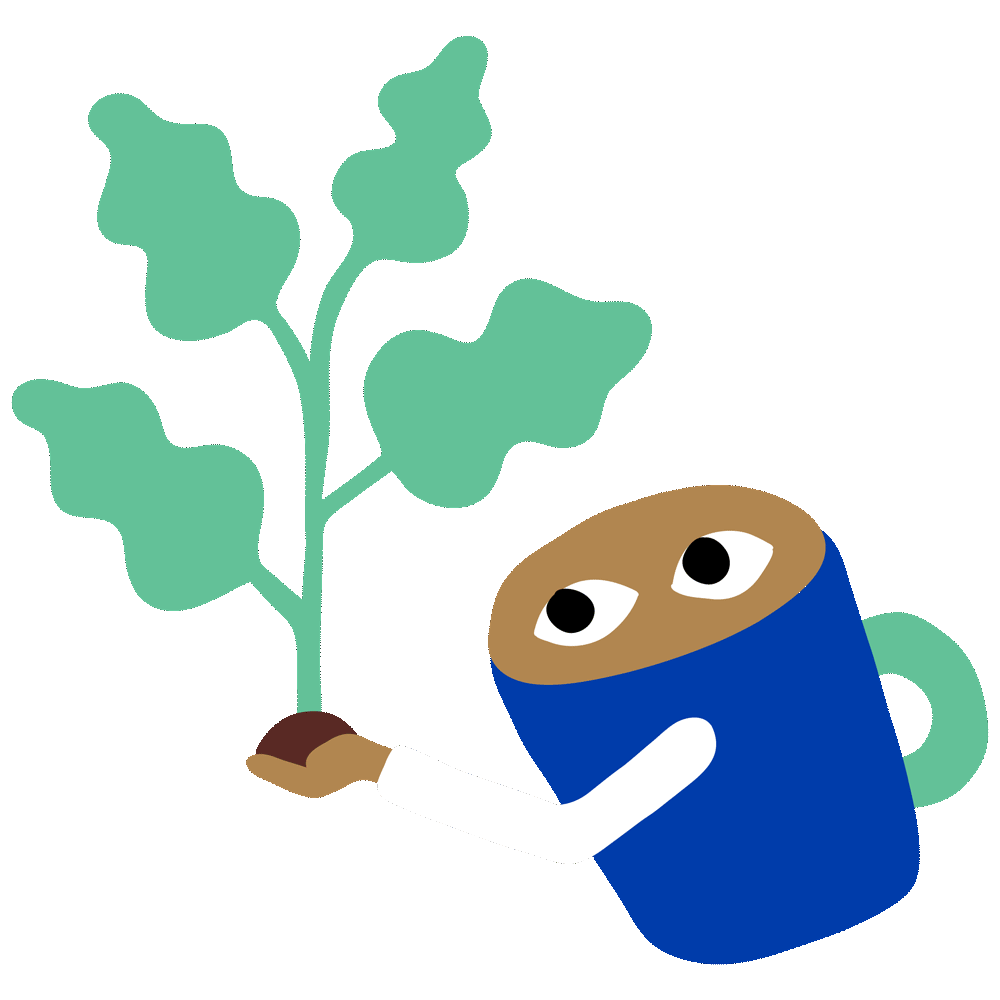
1. Use data to solve societal challenges
If you want to solve societal challenges like climate change, you’ll need the right data to make it happen. One way to discover relevant datasets and create new solutions is to join Open Data Hackdays. There you can work in interdisciplinary teams to develop new solutions for challenges you care about within two days.

